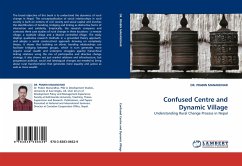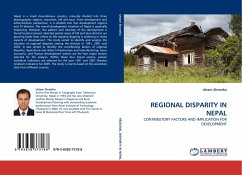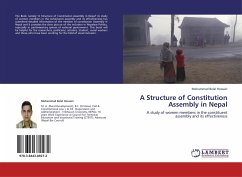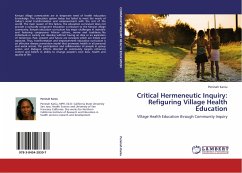The broad objective of this book is to understand the dynamics of rural change in Nepal. The conceptualisation of social relationships in rural society is built on notions of civil society and social capital and involves the identification of bonding, bridging and linking as distinctive forms of interaction and solidarity. Empirically, the research compares and contrasts three case studies of rural change in three locations - a remote village, a roadside village and a Maoist controlled village. The study deploys qualitative research methods in a grounded theory approach, and adopts a social constructivist approach drawing on complexity theory. It shows that building on ethnic bonding relationships can facilitate bridging between groups, which in turn generates more organic social wealth and underpins struggles against hierarchical linking relations using the mix of participative and directive change strategy. It also shows not just market relations and infrastructure, but progressive political, social and ideological changes are needed to bring about rural transformation that generates more equality and justice as well as more wealth.
Hinweis: Dieser Artikel kann nur an eine deutsche Lieferadresse ausgeliefert werden.
Hinweis: Dieser Artikel kann nur an eine deutsche Lieferadresse ausgeliefert werden.








